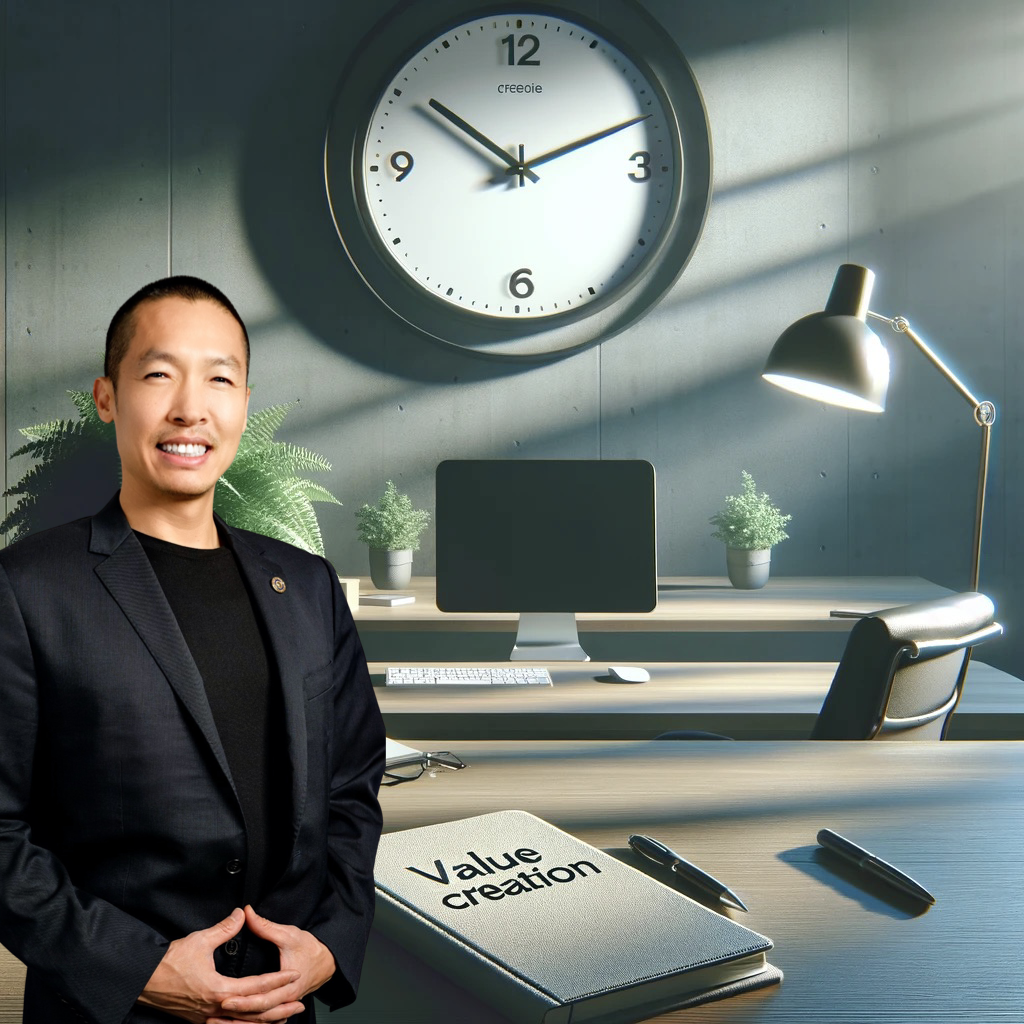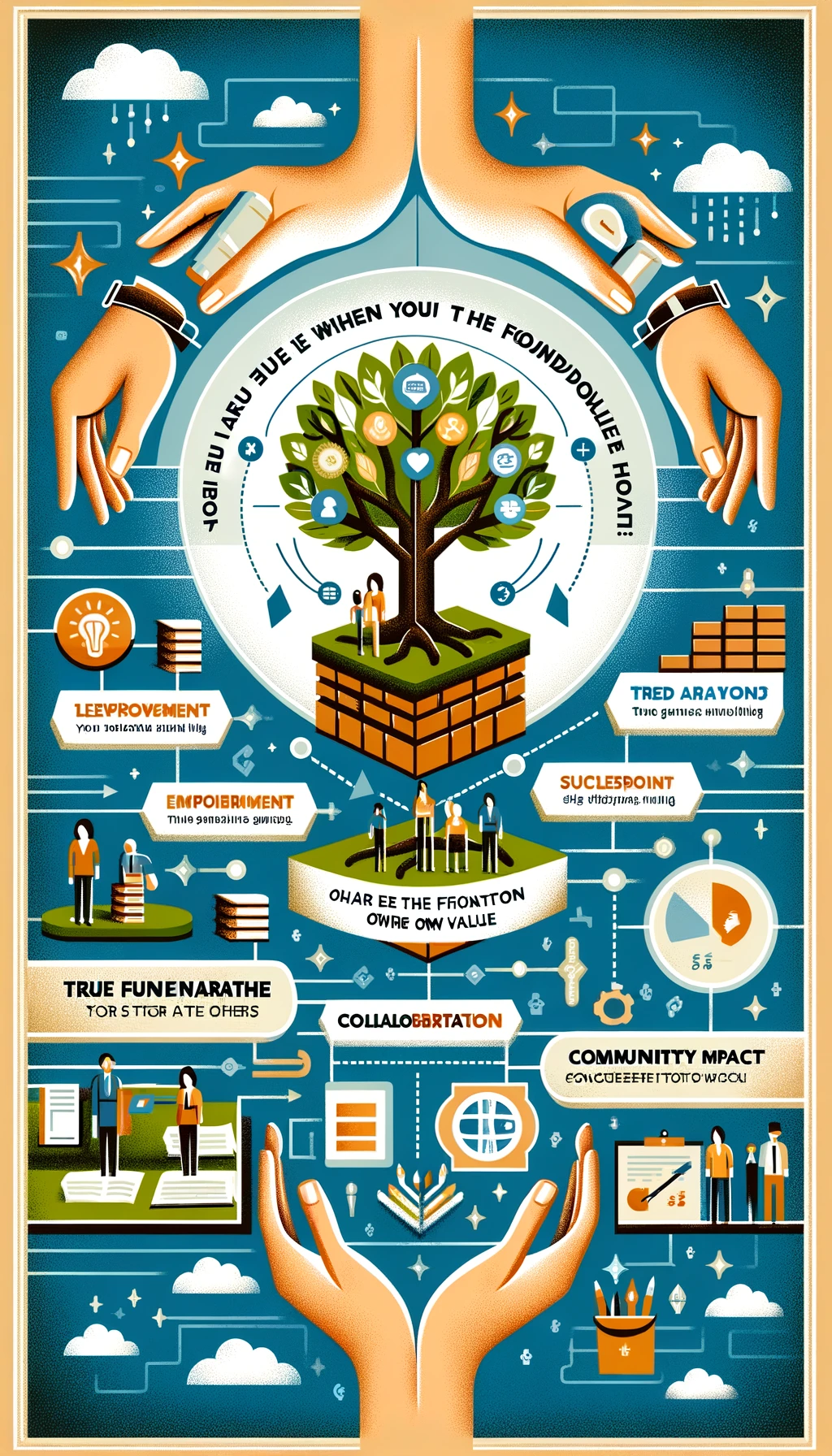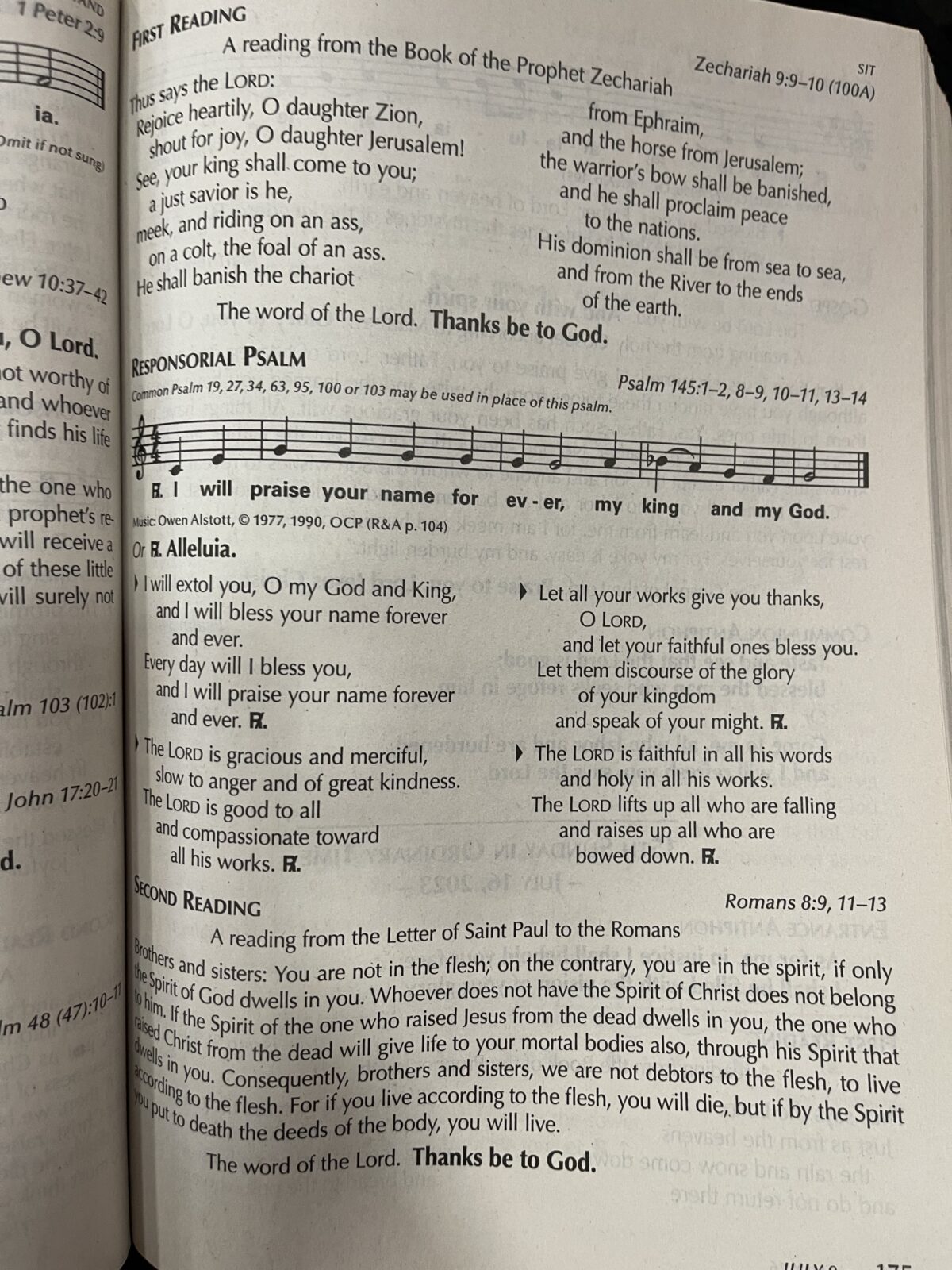In today’s fast-paced world, the emphasis on productivity often leads us down a path of doing more, pushing ourselves to achieve higher volumes of work without necessarily assessing the value of our output. The mantra “Better do nothing than do a lot of nothing” is a call to shift our focus from mere activity to actual value creation. It’s about generating and creating meaningful work that has a tangible impact, rather than being busy for the sake of being busy.
The Illusion of Busyness
The culture of busyness has led many of us to equate being busy with being important or productive. However, this perception is misleading. Busy work often consists of tasks that make us feel like we’re achieving something in the moment but ultimately do not contribute to our goals or the greater good. The key is to distinguish between what is truly productive and what is merely activity. This discernment allows us to focus our energies on tasks that genuinely matter, fostering innovation and meaningful contributions.
The Value of Doing Less
Doing less doesn’t mean a reduction in effort or ambition. Instead, it’s about prioritizing tasks that offer the most value and dedicating the appropriate time and resources to them. This approach not only enhances efficiency but also promotes a healthier work-life balance. By focusing on fewer tasks, we can give them the attention and creativity they deserve, leading to higher-quality outcomes. It’s about making every action count and ensuring that what we do aligns with our core objectives and values.
Generating and Creating Over Being Busy
The shift from being busy to generating and creating value is transformative. It involves moving away from checking off items on a to-do list and towards engaging in work that has a real impact. This means investing time in innovation, problem-solving, and projects that drive progress. It’s about creating something new, improving processes, and making contributions that leave a lasting mark.
Strategies for Focusing on Value Creation
- Prioritize Meaningfully: Assess tasks based on their potential impact and alignment with your goals. Focus on what truly matters.
- Embrace Strategic Laziness: Sometimes, the best action is inaction. Taking a step back can provide the clarity and creativity needed for value creation.
- Cultivate Deep Work: Minimize distractions and allocate uninterrupted time to tasks that require deep thought and innovation.
- Learn to Say No: Protect your time and energy by declining tasks or projects that do not contribute to your core objectives.
- Reflect and Adjust: Regularly evaluate your activities to ensure they are leading to meaningful outcomes. Be willing to adjust your approach as necessary.
Conclusion
The mantra “Better do nothing than do a lot of nothing” serves as a powerful reminder of the importance of intentional action. By focusing on actual value creation, we can transcend the superficiality of busyness and engage in work that is truly fulfilling and impactful. This approach not only enhances our personal and professional lives but also contributes to the broader narrative of progress and innovation. It’s about doing less, but better, and making every action count towards generating and creating meaningful change.
PS: Measuring Value, Not Actions
In our pursuit of meaningful impact, it’s crucial to remember that the true measure of our efforts lies in the value added, not in the number of actions taken. This perspective shift challenges us to rethink how we evaluate success. Instead of tallying tasks completed or hours worked, we should focus on the outcomes and improvements our work brings about. Whether it’s enhancing customer satisfaction, driving innovation, or contributing to team growth, the real metric of our progress is in the tangible benefits we create. Let’s prioritize our actions based on their potential to add real value, thereby ensuring that our work truly makes a difference.











